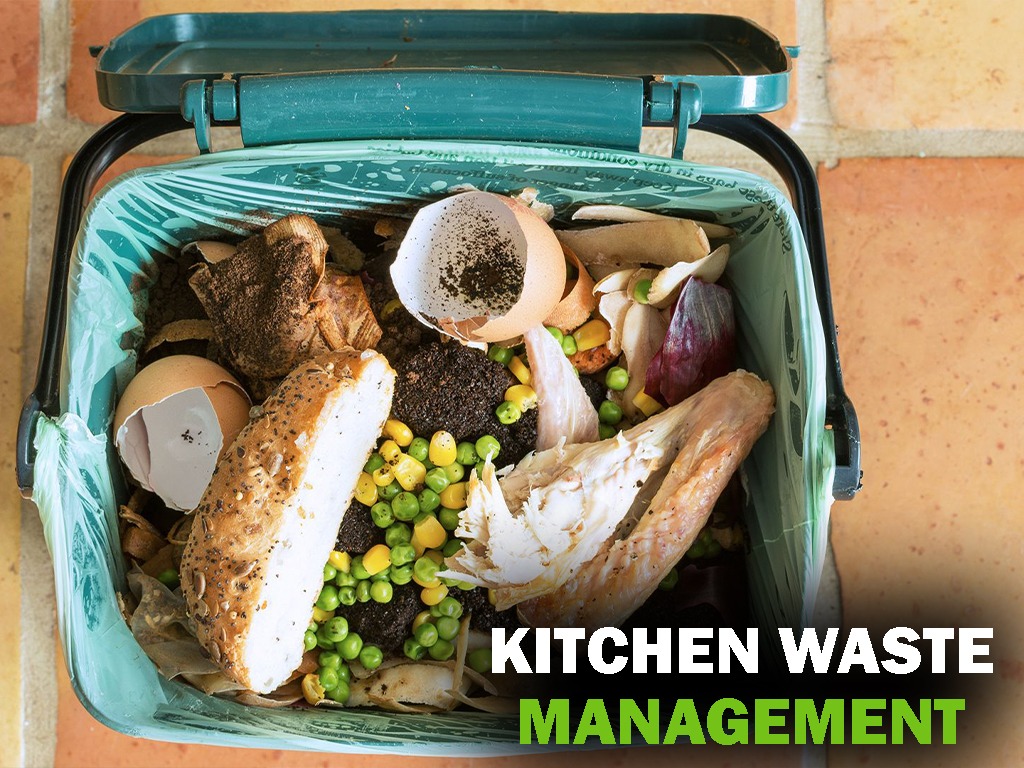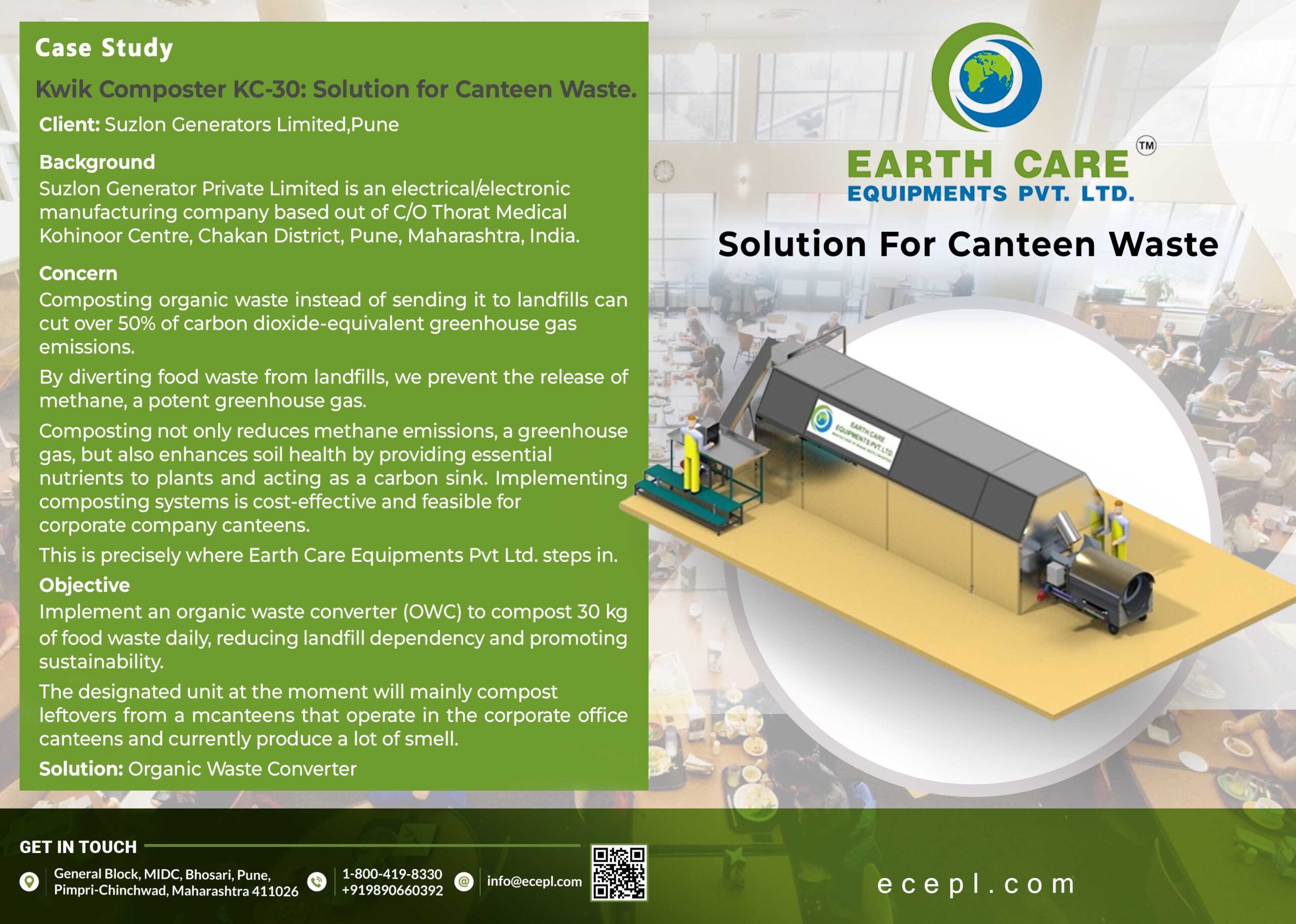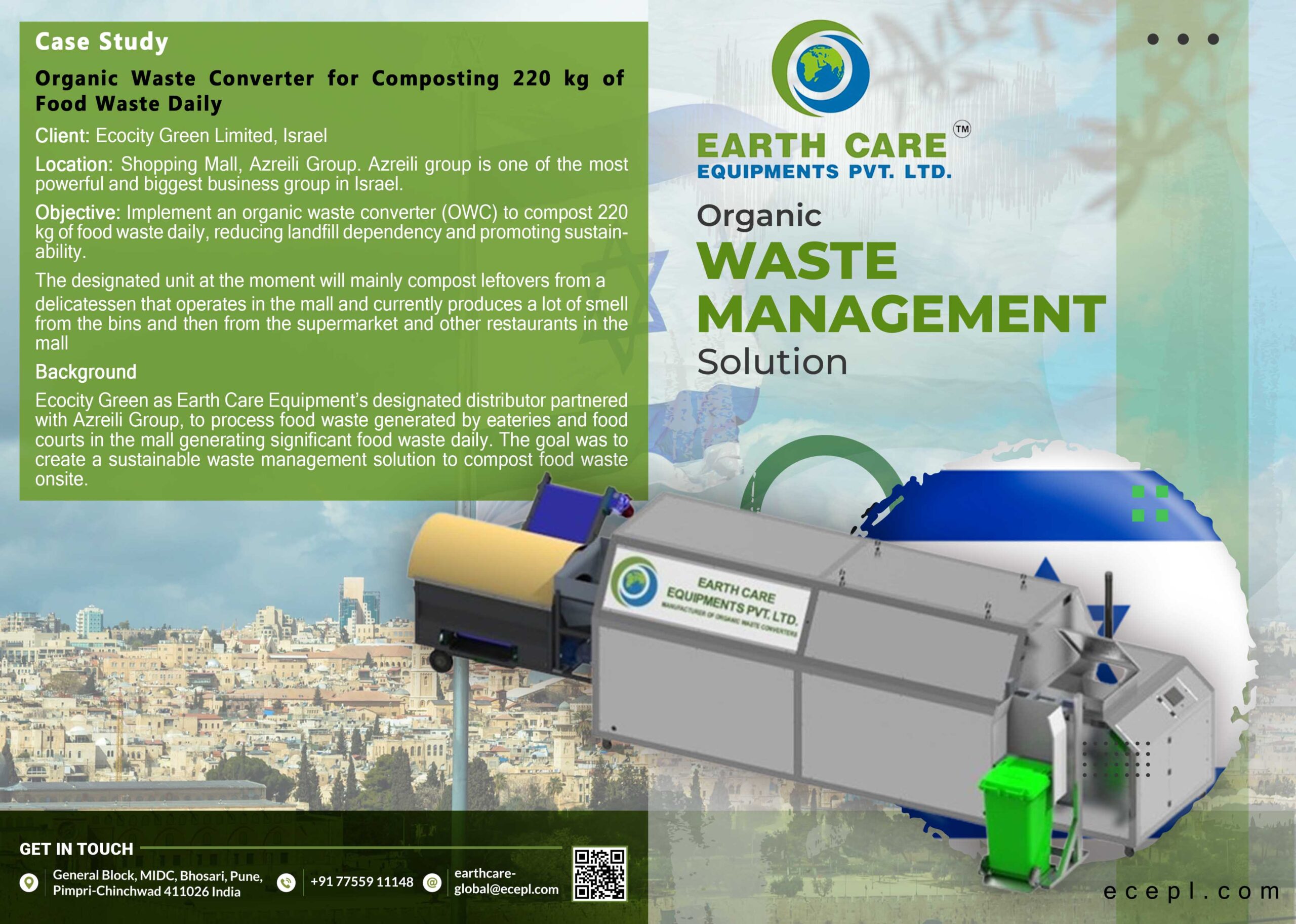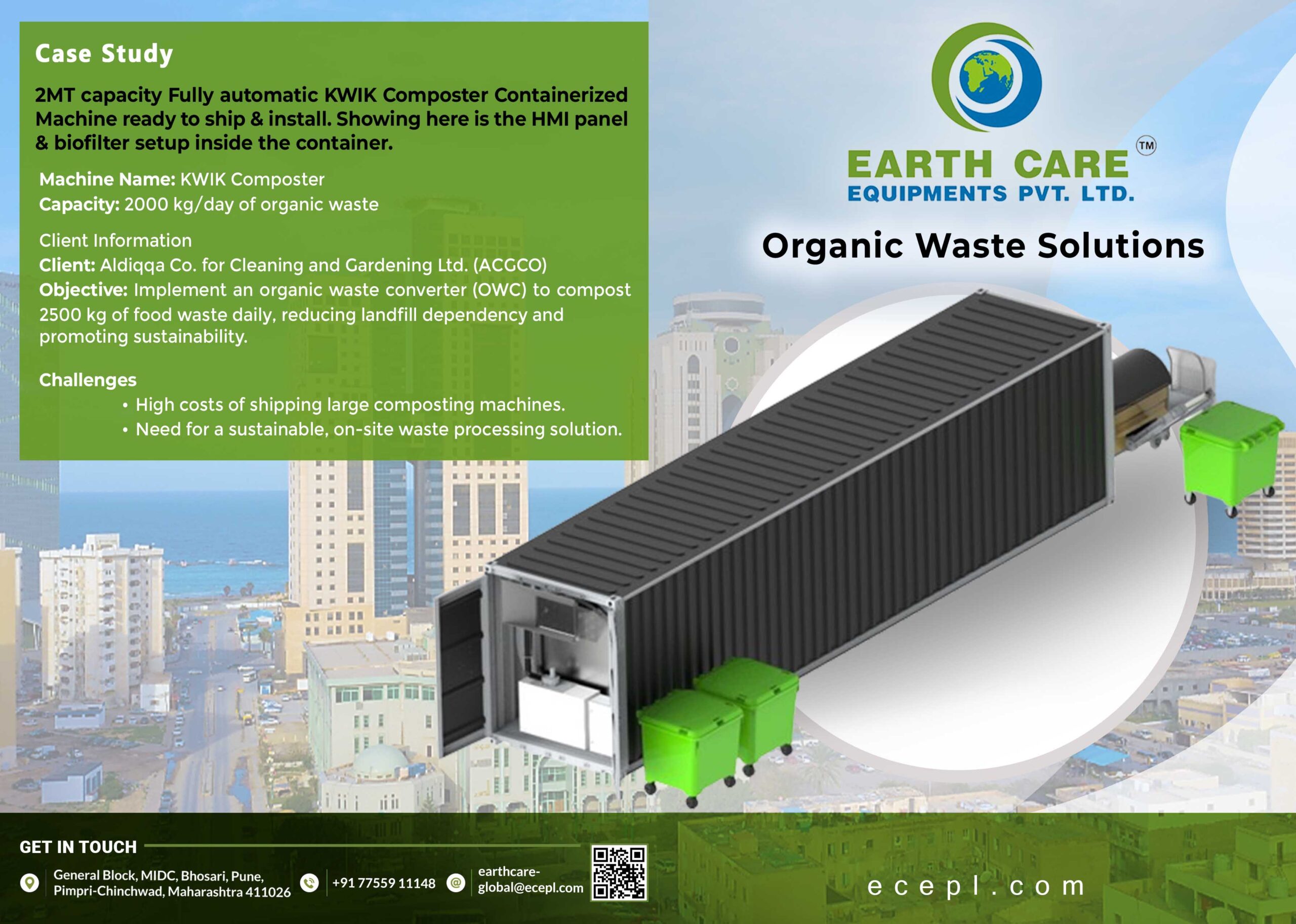
Kitchen waste management is a crucial aspect of household waste management, as it is estimated that a large portion of household waste comes from the kitchen. If not managed properly, kitchen waste can cause environmental problems, attract pests and create unpleasant odors. Moreover, it can also lead to blockages in drainage systems and ultimately harm the environment.
There are various ways to manage kitchen waste, including composting, recycling, and proper disposal.
Composting: Composting is the process of breaking down organic matter such as food scraps, yard waste, and paper into a nutrient-rich soil amendment. Composting is an eco-friendly way to dispose of kitchen waste and it is also a cost-effective alternative to buying fertilizer. To compost the kitchen waste, one can use a compost bin, or tumbler or simply make a compost pile in the yard. The compost bin should be placed in a sunny location and should be regularly turned to ensure proper aeration.
Recycling: Another way to manage kitchen waste is by recycling. Recycling is the process of converting waste materials into new products. Common kitchen waste items that can be recycled include glass, metal, paper, and plastic. These materials can be recycled and made into new products, reducing the amount of waste in landfills. To recycle kitchen waste, one can separate recyclables from other waste materials and place them in the appropriate recycling bins.
Proper Disposal: The third and most basic way to manage kitchen waste is proper disposal. This involves throwing away waste in the appropriate trash bin. It is important to properly dispose of kitchen waste to prevent it from attracting pests and creating unpleasant odors. To properly dispose of kitchen waste, one should wrap it in a newspaper or a plastic bag before throwing it away.
In conclusion, proper kitchen waste management is essential to reduce waste and preserve the environment. Composting, recycling, and proper disposal are effective methods to manage kitchen waste. By practicing these methods, we can help reduce waste in landfills and protect the environment. In addition, we can also save money and improve the quality of the soil by composting food waste. Finally, it is important to educate ourselves and others about the importance of proper kitchen waste management and the positive impact it can have on the environment.




